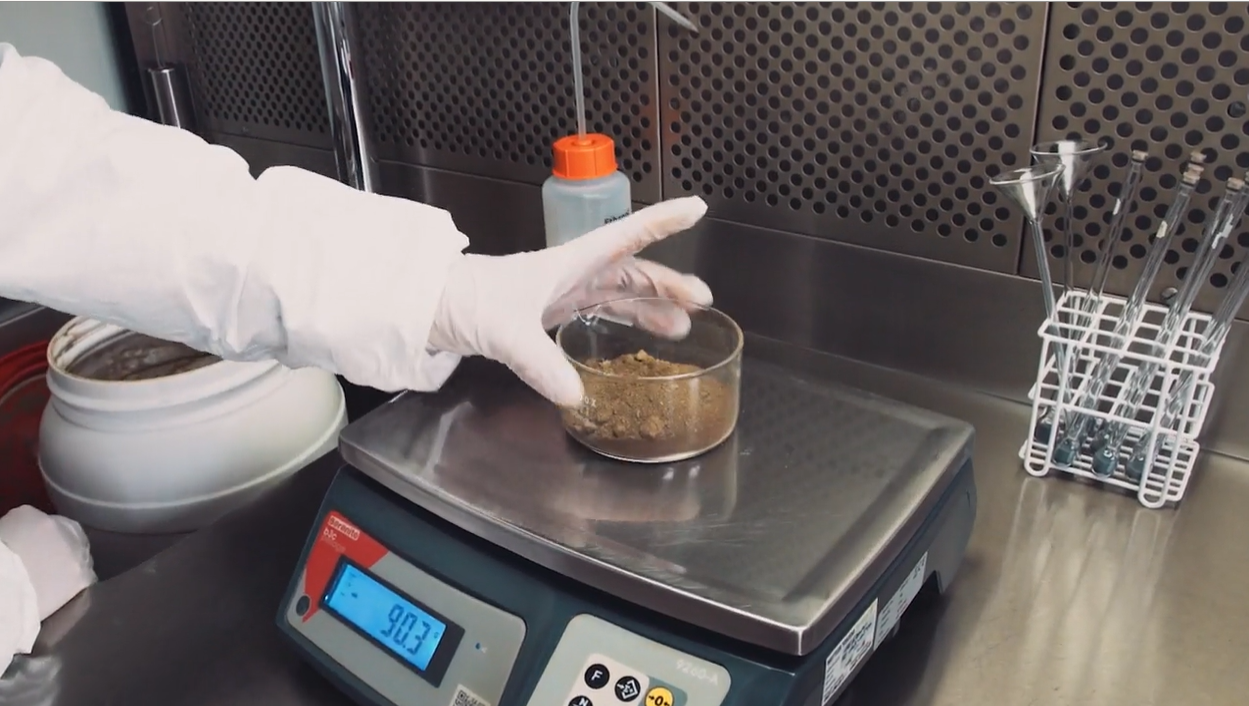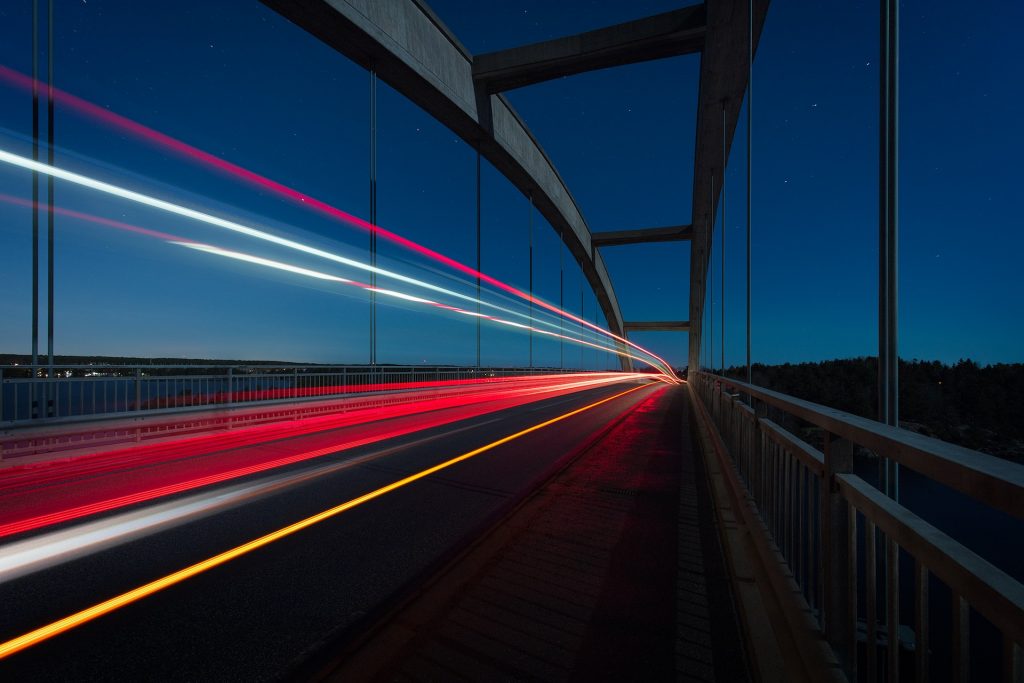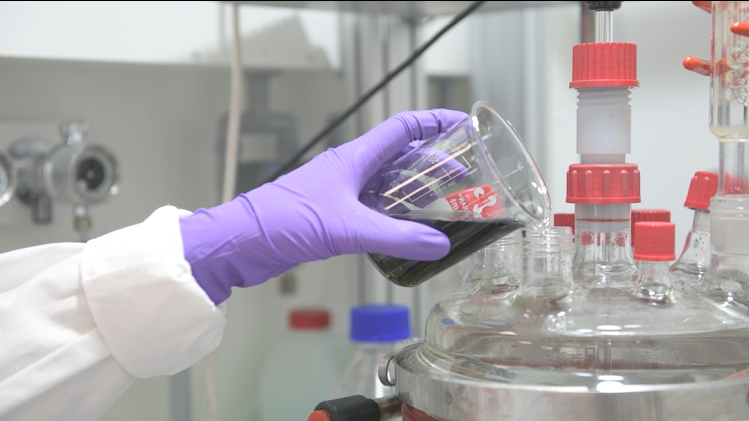Press release — 11 Jan 2022
The EU project ASTRABAT has published a short web video showing how it is developing a new solid-state lithium-ion battery for future electric vehicles.
11 January 2022 – “The global lithium-battery market is expected to grow significantly over this decade. However, current Li-ion battery technology still has its drawbacks, such as limited energy density, safety issues, unsustainable production process & end of life”.
These are the first lines of the video published by the ASTRABAT research project to present how the consortium is addressing these concerns, boost battery manufacturing in Europe from 2023 and pave the way towards a more sustainable future.
Watch the ASTRABAT video to discover more on how the project is innovating in solid-state lithium-ion batteries using the latest generation of materials.
Background
ASTRABAT is a European initiative aiming to develop a new efficient Lithium-ion battery for the electric vehicle market. The goal is to fulfil Europe’s need for a safe, powerful, sustainable and marketable battery for green mobility that could be manufactured in Europe on a massive scale.
ASTRABAT is run by a consortium of 14 partners from 8 European countries led by France’s CEA. It includes leading research centres and universities, as well as companies specialising in batteries and energy. These partners have long track records in the field of battery technologies, including state of the art electrochemistry and modelling. The video was developed by Fondazione ICONS, the partner responsible for the project communication and dissemination activities.
ASTRABAT is funded by the European Commission, for a total budget of approximately €8M. The project is part of a broader drive by the European Union to boost electric mobility in order to help achieve its goal to slash green-house gas emissions by 80-95% by 2050. It is of strategic importance for Europe to come up with a competitive Li-ion battery and become self-sufficient in its energy transition models.
Video footage provided by: Fraunhofer ISC, Nanomakers and Leclanché GMBH.



